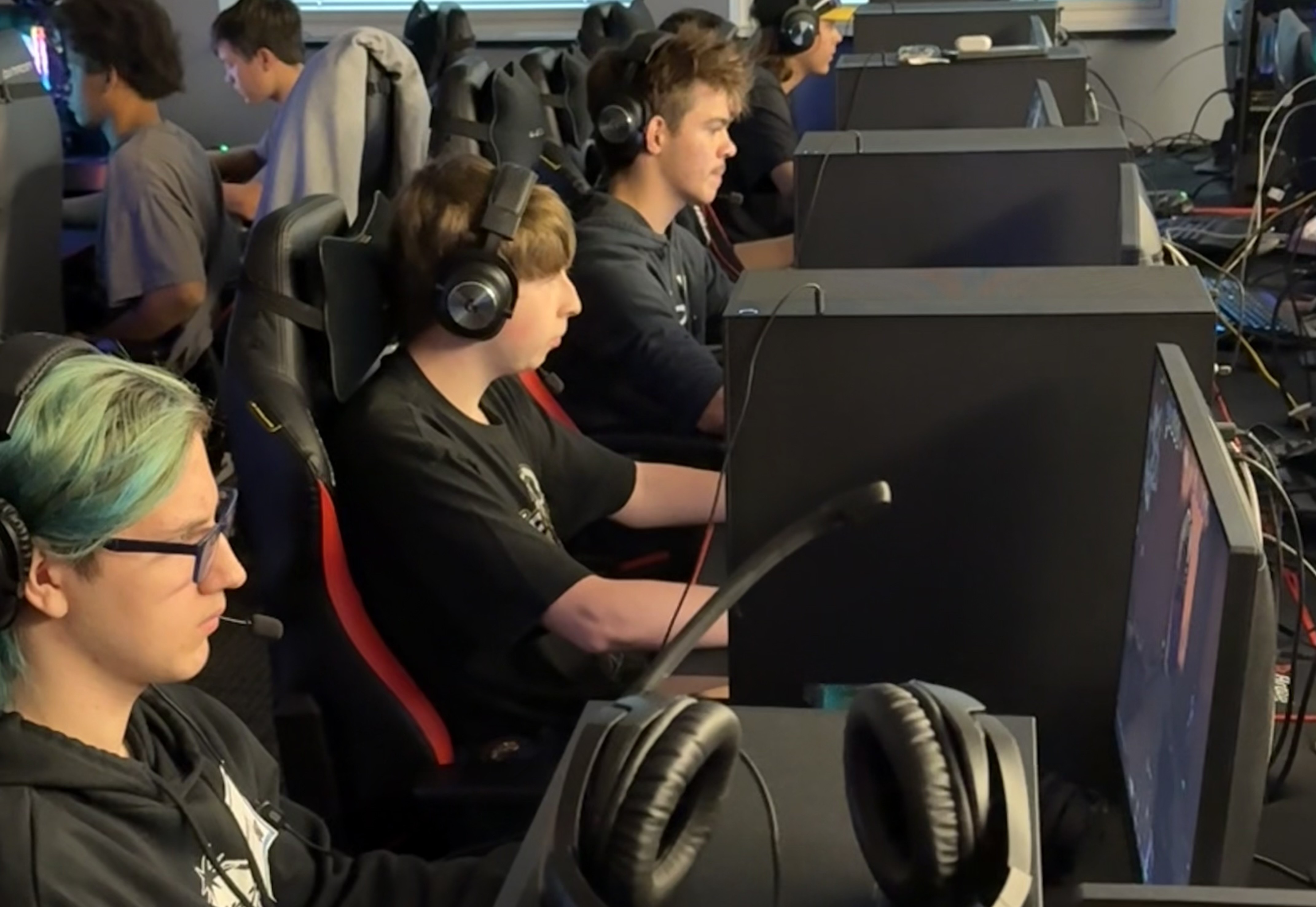Amy Bruckman
Amy Bruckman studies the “constructionist” philosophy of education as it relates to the design of online communities. According to her Web site, the associate professor at the College of Computing at Georgia Tech believes that the “Internet has a unique potential to make constructionist learning scalable and sustainable in real-world settings, because it makes it easy to provide social support for learning and teaching. In electronic-learning communities, participants can help motivate and support one another’s activities.” Bruckman, a member of the university’s Graphics, Visualization, and Usability Center, currently studies wikis as constructionist-learning environments.
T&L contributing editor Matt Bolch spoke with Dr. Bruckman about her view of constructionist learning
1. Briefly explain constructionist learning?
Constructionism argues that people learn particularly well while working on personally meaningful projects. Learning by making something you care about and sharing it with others is a particularly good way to learn. You can make students learn about parabolas on graph paper, but they understand it in a deeper sense when they need the equation of a parabola to make the ball go in the hoop in the basketball video game they're programming.
2. How can it work in K-12 classrooms, especially in the wake of No Child Left Behind and standardized testing?
Constructionist approaches can make knowledge more meaningful and allow some students to really excel. However, they leave a lot open to chance. One student may learn about parabolas in making a computer basketball game, but the student making a whack-a-mole game will learn something entirely different. In a formal education setting, we need to assure that all students learn core elements of the curriculum. The solution is a balanced approach, where traditional methods are used to cover the basics but sufficient time is allowed for students to go deeper into constructionist and project-based learning.
3. What role can wikis plan in this?
Tools and ideas to transform education. Sign up below.
Wikis are a great tool for student research projects. In the Science Online project, Andrea Forte and I had high school students research articles about current scientific topics and write about them on a wiki. By giving the students a sense of audience, they began to take their research and writing much more seriously. They thought about students one year younger than they were who might try to use their article to do homework, and they made extra sure to get their facts right and their language clear and understandable. A wiki is a general-purpose tool that is good for lots of things, but particularly excels at supporting collaborative knowledge building.
